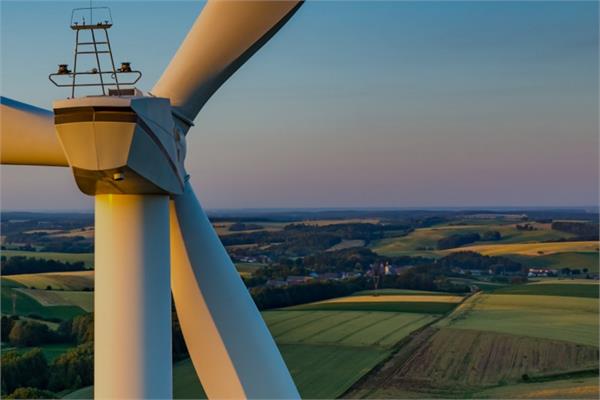
The new bio-attributed epichlorohydrin developed by Inovyn is produced using non-fossil renewable feedstock.
Inovyn, one of the major European manufacturers of chlorvinyls, has recently announced that it has developed Reodrin™, a bio-attributed epichlorohydrin produced using non-fossil circular feedstock.
Manufactured in the company’s facility of Tavaux (France), Reodrin is obtained using a second-generation, renewable feedstock that eliminates the use of energy crops and palm materials from the supply chain. Therefore, it employs 99% less land and water than conventional feedstocks. Furthermore, it is certified by RSB as enabling a greenhouse gas saving of almost 70% compared to fossil-based and palm-based epichlorohydrin.
“Through our ongoing new product development strategy we are bringing new sustainable products to market that meet both the rigorous product quality and performance needs of our customers, whilst moving us closer towards a more circular, carbon-neutral economy. Driven by the increasing global focus on a low carbon economy, there is growing demand for a specialist, renewable epichlorohydrin that decouples its production from the use of conventional carbon-intensive feedstocks. REODRIN™ meets that demand,” stated Filipe Constant, the Business Director at Inovyn.
The new bio-based epichlorohydrin can be used in a number of applications in several industrial sectors, such as highly specialised end-uses composites for wind turbines, wastewater treatment and lightweight coatings for electric vehicles.
“REODRIN™ demonstrates that we can produce epichlorohydrin with a non-fossil, circular feedstock. A drop-in solution with the same uncompromising quality and performance. It is a further example of INOVYN’s ongoing commitment to accelerate progress towards a circular, carbon-neutral economy. It is also another major step forward in INOVYN’s journey to sustainability and demonstrates our commitment to developing innovative solutions that address society’s needs,” concluded Constant.